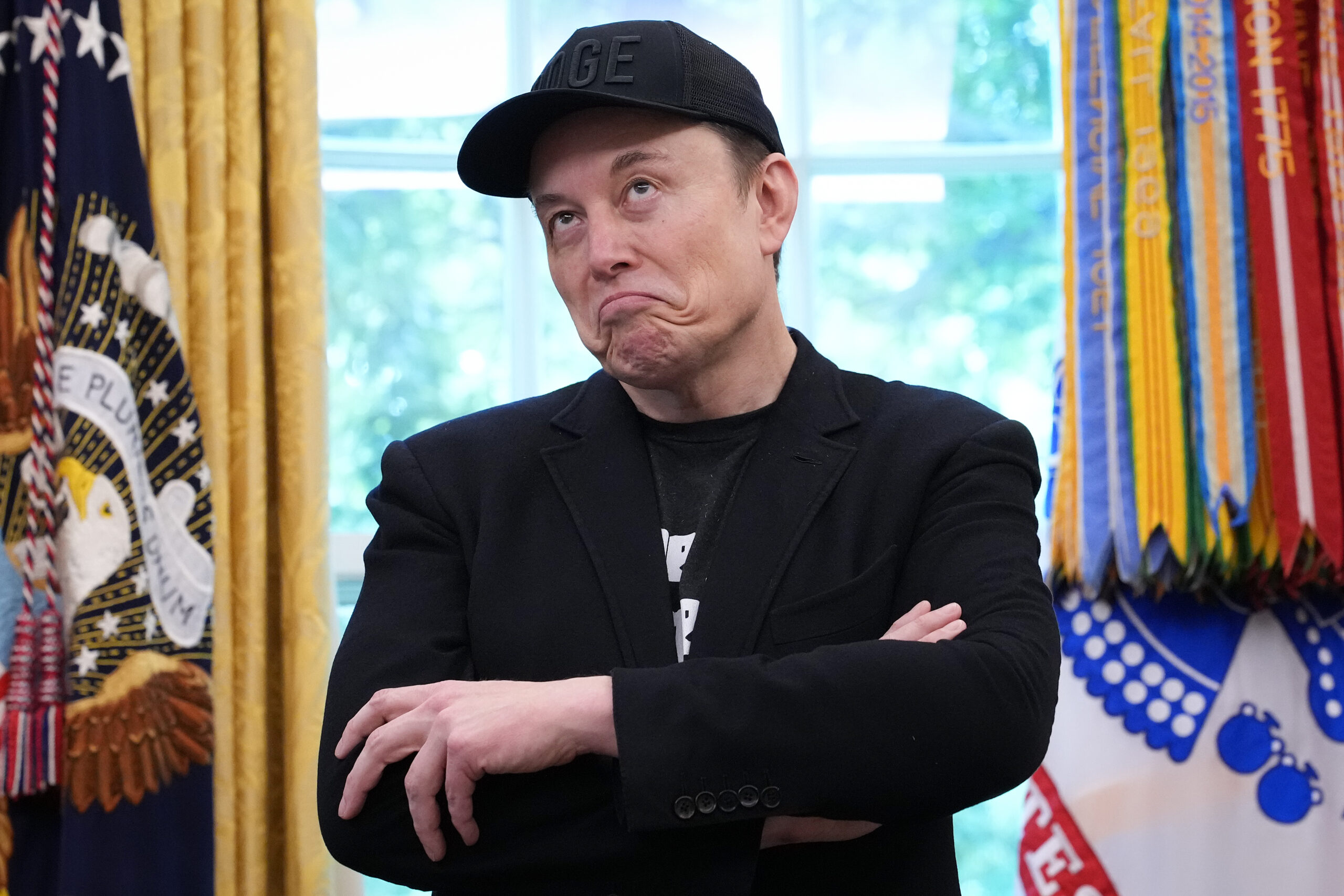Recent national polling indicated that nearly half of American voters would consider supporting a third political party—unless it is founded by Elon Musk, where interest dropped sharply, according to a Quinnipiac University survey conducted in July 2025.
In the poll, 49 percent of registered voters said they would be open to joining an alternative to the Republican and Democratic parties, but only 17 percent responded affirmatively when asked whether they would consider a party led by Musk, founder of SpaceX and Tesla.
But one Democratic strategist told Newsweek, in part, “Political parties aren’t successful just because billionaires decide to start one on a whim; they succeed because they are built from the ground up through grassroots organizing.”
The Context
Musk’s efforts to start a third party have been viewed as a rebuke to the Trump administration and the fallout between him and President Donald Trump, as well as the “One Big Beautiful Bill Act,” which Musk strongly criticized for ballooning the national deficit. The billionaire CEO called the spending package “outrageous” and said he would help primary Republican lawmakers who voted for its passage.
Trump called Musk’s plan to launch the America Party a “train wreck,” adding that third parties create “complete and total destruction and chaos.”
What To Know
The Quinnipiac University poll, conducted July 10–14 with 1,290 registered voters and a margin of error of 2.7 percentage points, offered detailed insights into American attitudes toward third parties.
According to the survey, 49 percent of respondents would consider joining a third party, while 45 percent would not.
However, when respondents were asked specifically about supporting a third party created by Musk, the number dropped to only 17 percent, with 77 percent saying they would not consider it.
The partisan breakdown revealed significant differences in support for generic third parties: 75 percent of independents, 39 percent of Democrats, and 28 percent of Republicans said they would be open to joining one.
When Musk’s leadership was considered, these numbers fell to 22 percent of independents, 6 percent of Democrats, and 18 percent of Republicans.
Getty Images
The 53-point decline among independents was especially notable, underscoring the negative impact of Musk’s high-profile persona on potential support.
Musk announced his intent to create the “America Party” on July 4, after soliciting feedback from his social media followers.
He polled users on X, and about 65 percent of over 1.2 million respondents supported the idea. In a July 5 post, Musk wrote, “By a factor of 2 to 1, you want a new political party and you shall have it! When it comes to bankrupting our country with waste & graft, we live in a one-party system, not a democracy. Today, the America Party is formed to give you back your freedom.”
Despite these claims, Musk has not released further details about the party, and its official registration status with the Federal Election Commission remains unclear.
What People Are Saying
Denny Salas, co-founder of Gotham Polling & Analytics and a Democratic strategist, told Newsweek: “I believe there is enough pent-up anger within the American psyche to enable a third party, like the America Party, to successfully recruit legitimate candidates and gain the support of many voters. A likely problem I see is how sustainable and genuine this effort by Elon Musk is. Political parties aren’t successful just because billionaires decide to start one on a whim; they succeed because they are built from the ground up through grassroots organizing.”
President Trump on Tuesday to reporters: “I think it’ll help us. It’ll probably help. Third parties have always been good for me. I don’t know about Republicans, but for me…”
What Happens Next
Musk had not yet provided details about the America Party’s platform, leadership, or ballot status, but has said that it will contest the 2026 midterm elections.


